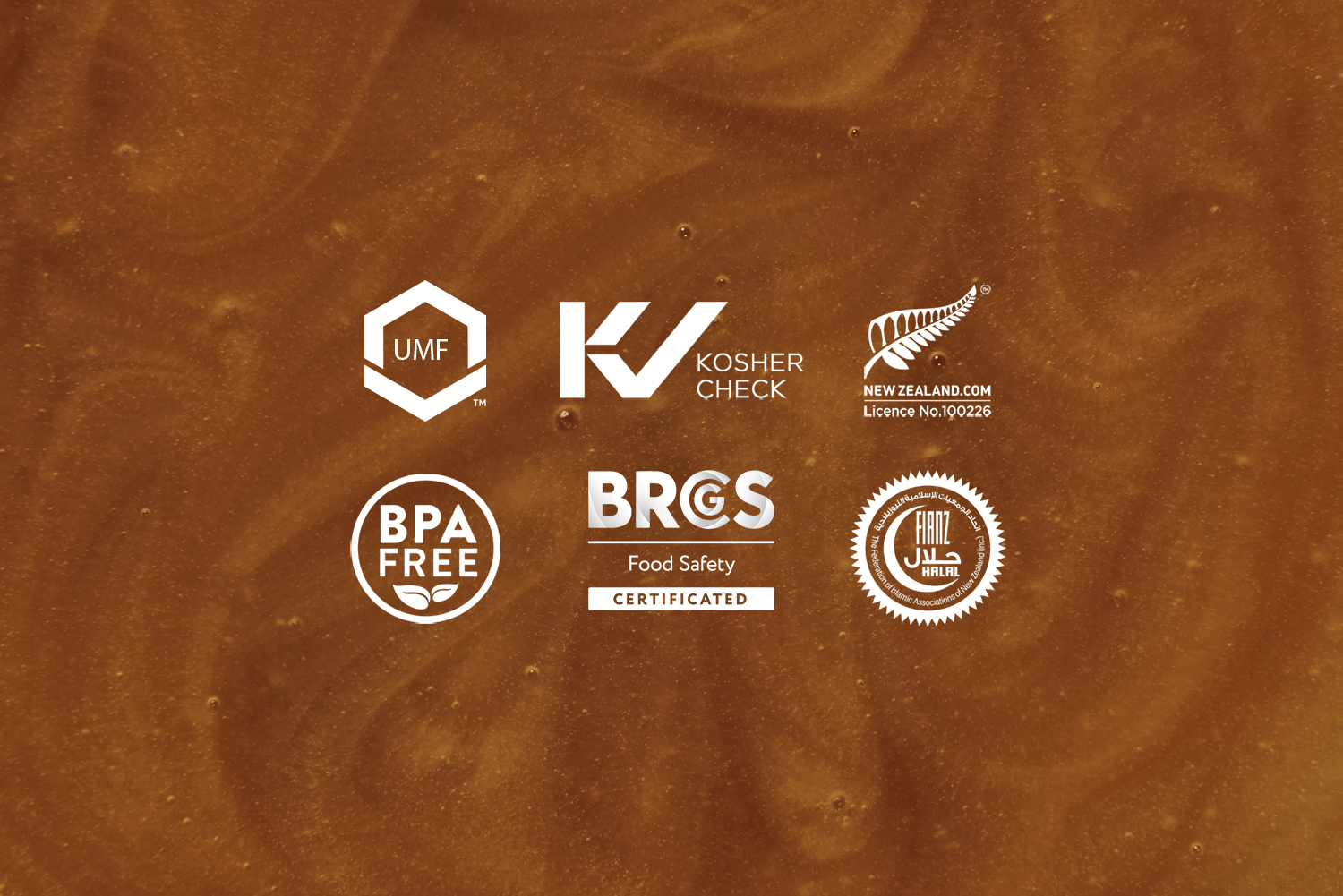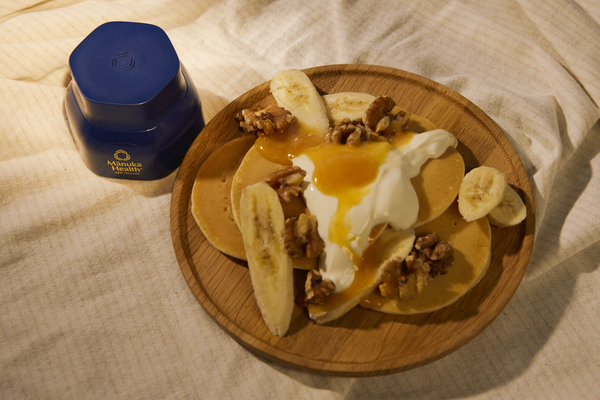How reducing stress can help reduce bloating

If your stomach sees numerous ups and downs throughout the day – literally – you may be experiencing bloating. And you’re not the only one.
Often paired with bowel irritability, bloating is one of the single most common digestive issues, experienced frequently by both men and women.
There are myriad contributing factors to bloating and its uncomfortable symptoms. But there are two that are perhaps the leading cause; a stressed nervous system, and chronic bacterial overgrowth. Here are a few tips and tools to help ease both. Managing anxiety and stress Our gut and brain are intrinsically linked. So it comes as no surprise that a stressed nervous system can have a tangible impact on our gut health, and vice versa. The body’s everyday digestive processes are inhibited whenever the sympathetic nervous system is ‘active’. This is also known as our ‘fight or flight’ response; the state of stress that so many of us so often experience in the chaotic and fast-paced modern world. When the nervous system is in ‘fight or flight’, the body is unable to efficiently process or eliminate food. This leads to a build-up of harmful bacteria, which can lead to ongoing digestive disturbance. So, how can we fight the body’s urge to enter ‘fight or flight’?
Regular exercise. Something as simple as a daily lunchtime stroll could make a significant difference.
Meditation. As little as 5 minutes a day can help keep our body’s nervous system in check.
Breathing techniques. Mindful breathing can restore much-needed calm to the nervous and digestive systems.
How to de-stress your digestion
Maintaining calm and serenity throughout every meal can also work wonders for the digestive system. Here are a few tips to help minimise the mealtime stressors.
Focus on your breathing. Try to relax while preparing and enjoying your food, by taking slow regular breaths deep down into the belly. This simple act signals to your nervous system that it’s time to transition from ‘fight or flight’ to ‘rest and digest’, clearing the pathway for healthy digestive function to occur.
Eat slowly and mindfully. Chewing your food is the first step of the digestive process, and it pays to undertake it with thoughtfulness and care. So chew your food well, and enjoy it at leisurely pace. You could even put down your utensils between bites. All these actions can help reduce the strain on your body’s digestive system.
Avoid overeating. An overloaded digestive system is unable to process food efficiently – a leading cause of bloating and digestive discomfort. So pay attention to your body. And when it’s telling you it’s full, listen.
Promoting a balanced microbiome.
Inside all of us lies numerous beneficial gut bacteria, each of which are pivotal to our overall health and wellbeing. These friendly bacteria help prevent overgrowth of undesirable microflora in the gut – and if they’re knocked out of balance, it can put the body out of sorts. That’s why a carefully and delicately balanced microbiome is essential to resolving digestive issues like bowel irregularities and bloating. Here are a few ways to ensure the microbiome stays in harmonious balance.
Eat whole natural foods. Do your best to reduce or eliminate refined foods, alcohol and sugar. Mānuka honey is an ideal alternative to sugar; a golden gift endowed with natural sweetness, and numerous gut-supporting benefits.
Minimise alcohol and antibiotics. The consumption of antibiotics and alcohol is known to affect the microbiome’s balance, so try to keep your intake to a minimum.
Manage stress. The digestive and nervous systems are intimately entwined; helping one will benefit the other, so use the tools listed above to manage your nervous system’s stress levels.
Go fermented. Add fermented foods to your daily diet such as sauerkraut, kefir or yoghurt, to imbue the body with natural probiotics (good bacteria).
Eat your greens. Consume plenty of plant foods, which act as prebiotics that feed the good gut bacteria.
The digestive and nervous systems go hand in hand, and the health of each relies closely on the wellbeing of the other. By managing your stress levels, and making small but effective changes to your diet and lifestyle, you can have a tangible impact on your digestive system. Maintaining a delicately balanced microbiome, and enhancing your overall gut health.












